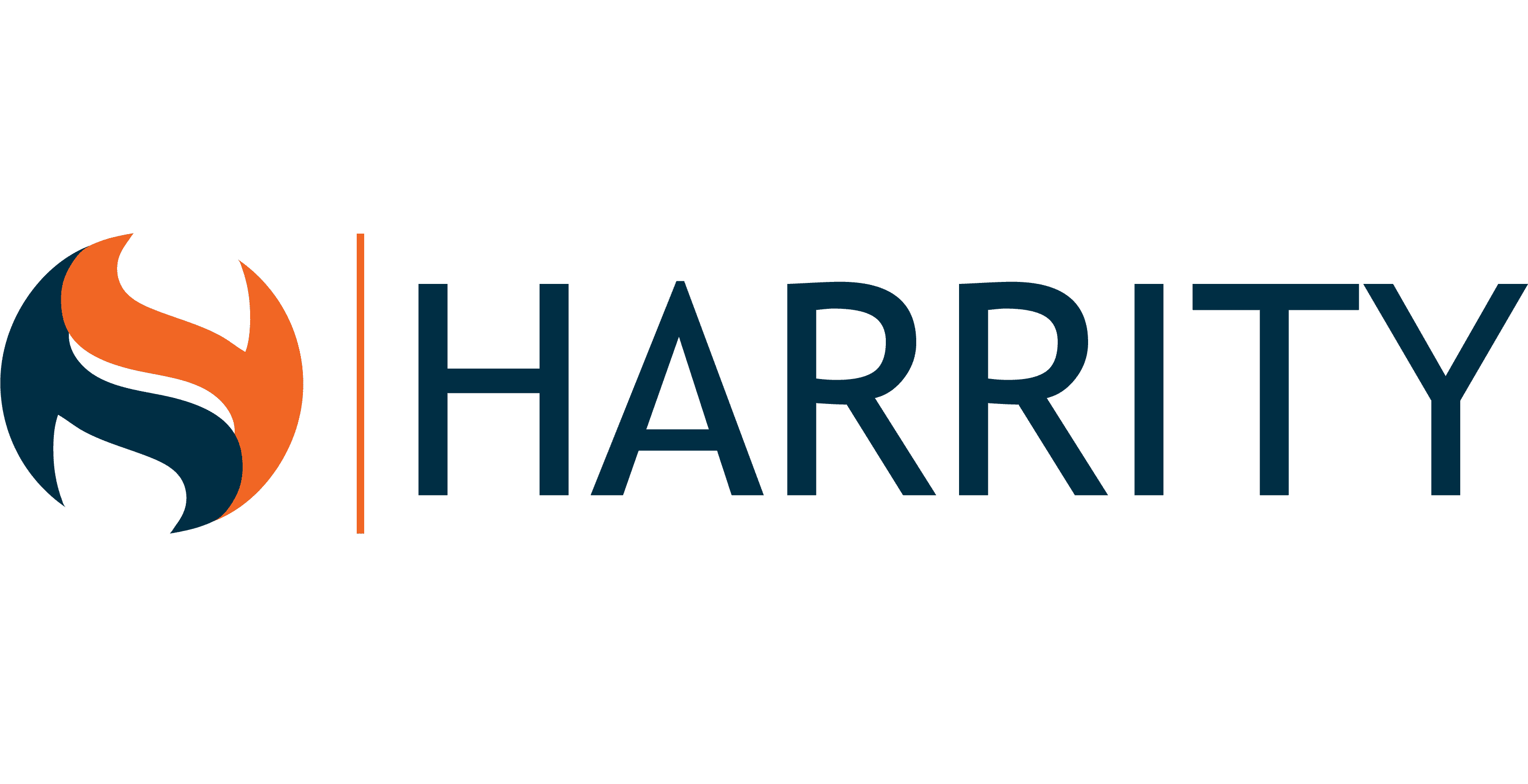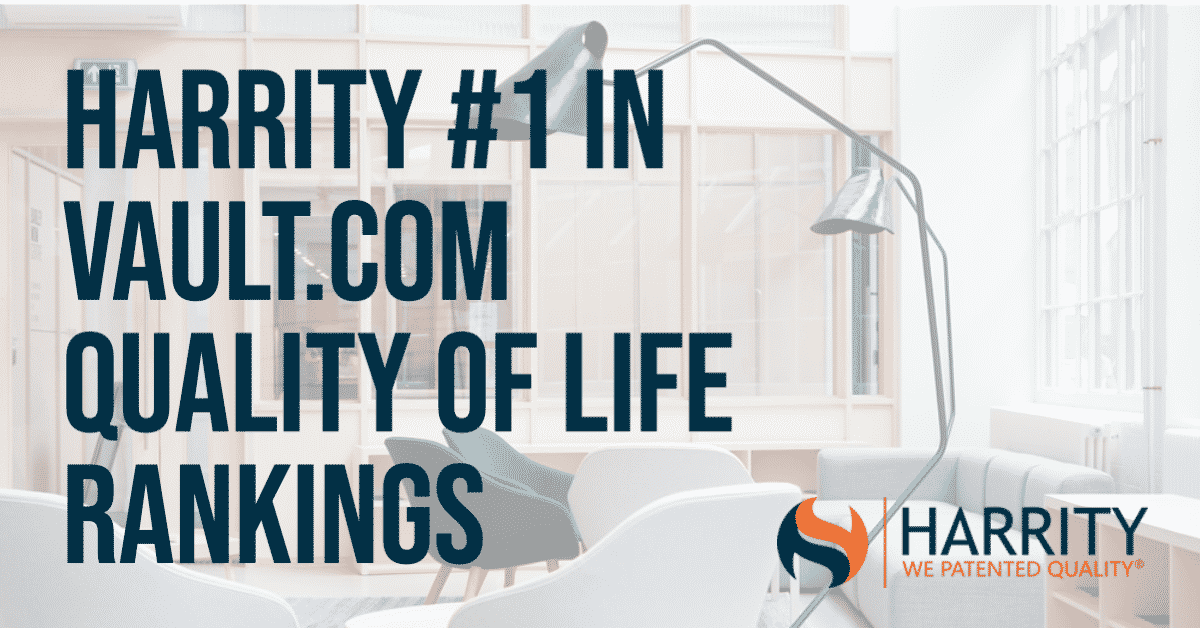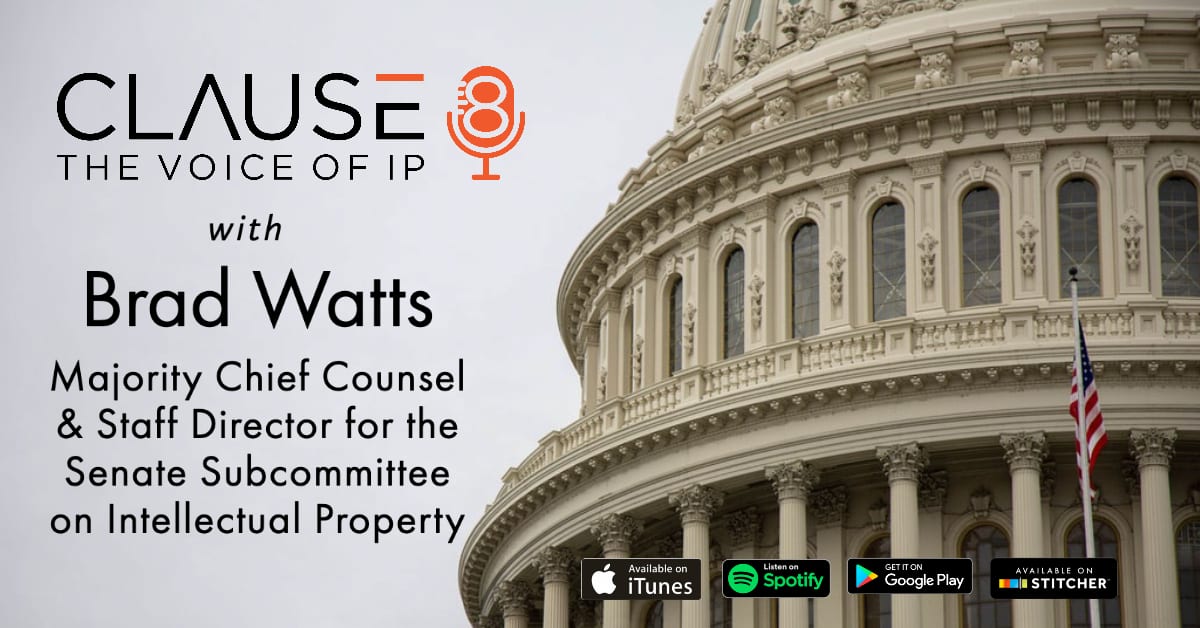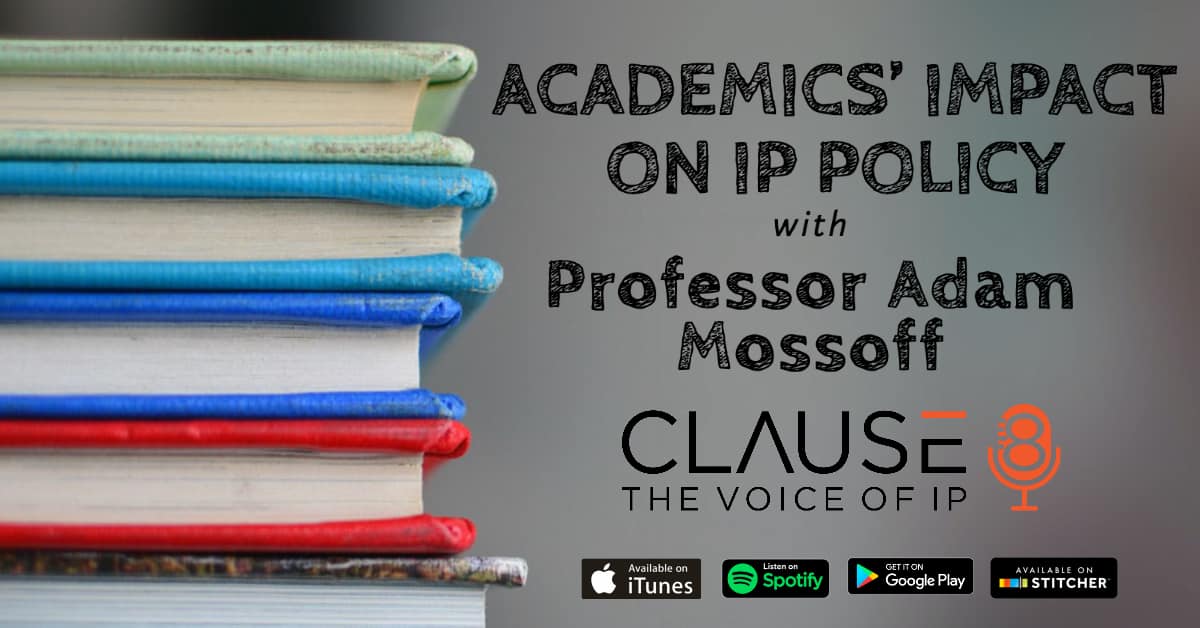Harrity #1 on Vault.com’s Best Midsize Firm To Work For Rankings
Vault ‘Quality Of Life’ Rankings: The Best Midsize Law Firms To Work For (2021)
Did your law firm make the cut this time around?
 (Above the Law, September 17, 2020) Vault recently published the 2021 edition of all manner of its closely watched rankings for the largest law firms in the country, proving that money — in the form of Cravath’s perennially competitive pay scale — can buy prestige and happiness.
(Above the Law, September 17, 2020) Vault recently published the 2021 edition of all manner of its closely watched rankings for the largest law firms in the country, proving that money — in the form of Cravath’s perennially competitive pay scale — can buy prestige and happiness.
But what about the nation’s midsized and regional firms? Which ones are the best to work for, and will young associates be happy there as associates Today, Vault released the latest edition of its list of the 25 Best Midsize Law Firms to Work For.
Associates at firms with 200 attorneys or fewer were asked to rank their own law firms based on categories most relevant to their overall quality of life, including overall satisfaction; firm culture; hours; compensation; quality of work; informal training, mentorship, and sponsorship; business outlook; career outlook; associate/partner relations; leadership transparency; and formal training.
There was a huge amount of movement in the Top 10 this year. Which firms made the cut? Without any further ado, here are the Top 10 Best Midsize Law Firms to Work For based on Vault’s Annual Associate Survey for 2021:
- Harrity & Harrity (not ranked; first time in Top 10)
- Lightfoot, Franklin & White (+20)
- Bookoff McAndrews (-2)
- Smyser Kaplan & Veselka (not ranked; first time in Top 10)
- Farella Braun + Martel (+7)
- Susman Godfrey (-4)
- Greenberg Glusker Fields Claman & Machtinger (-4)
- Robinson, Bradshaw & Hinson (not ranked; first time in Top 10)
- Stotler Hayes Group (not ranked; first time in Top 10)
- Fitch, Even, Tabin & Flannery (not ranked; first time in Top 10)
That’s a whole lot of firms that have never been ranked before, but if you scroll further down the list, you’ll see a lot of more familiar names. Harrity & Harrity shared the spotlight with Susman Godfrey (Vault’s best litigation boutique) this year in terms of claiming No. 1 spots in the rankings. That said, here are the No. 1 firms in each Quality of Life category for 2021:
- Associate/Partner Relations: Harrity & Harrity
- Career Outlook: Susman Godfrey
- Compensation: Susman Godfrey
- Diversity: Harrity & Harrity
- Firm Culture: Harrity & Harrity
- Hours: Harrity & Harrity
- Pro Bono: Buckley
- Quality of Work: Bookoff McAndrews & Harrity & Harrity
- Satisfaction: Harrity & Harrity
- Selectivity: Susman Godfrey
- Technology & Innovation: Harrity & Harrity
- Transparency: Susman Godfrey
- Wellness: Greenberg Glusker Fields Claman & Machtinger
Congratulations to each of the firms that made the latest edition of the Vault Best Midsize Firms to Work For rankings, and a huge congratulations to Harrity & Harrity and Susman Godfrey for sweeping the rankings.
About Harrity & Harrity, LLP
Harrity & Harrity is a leading patent preparation and prosecution firm specializing in the electrical and mechanical technology areas, and is considered a Go-To Firm for the Patent 300™. Their clients trust in their high-quality work, experienced people, industry leading innovation, and outstanding service.






